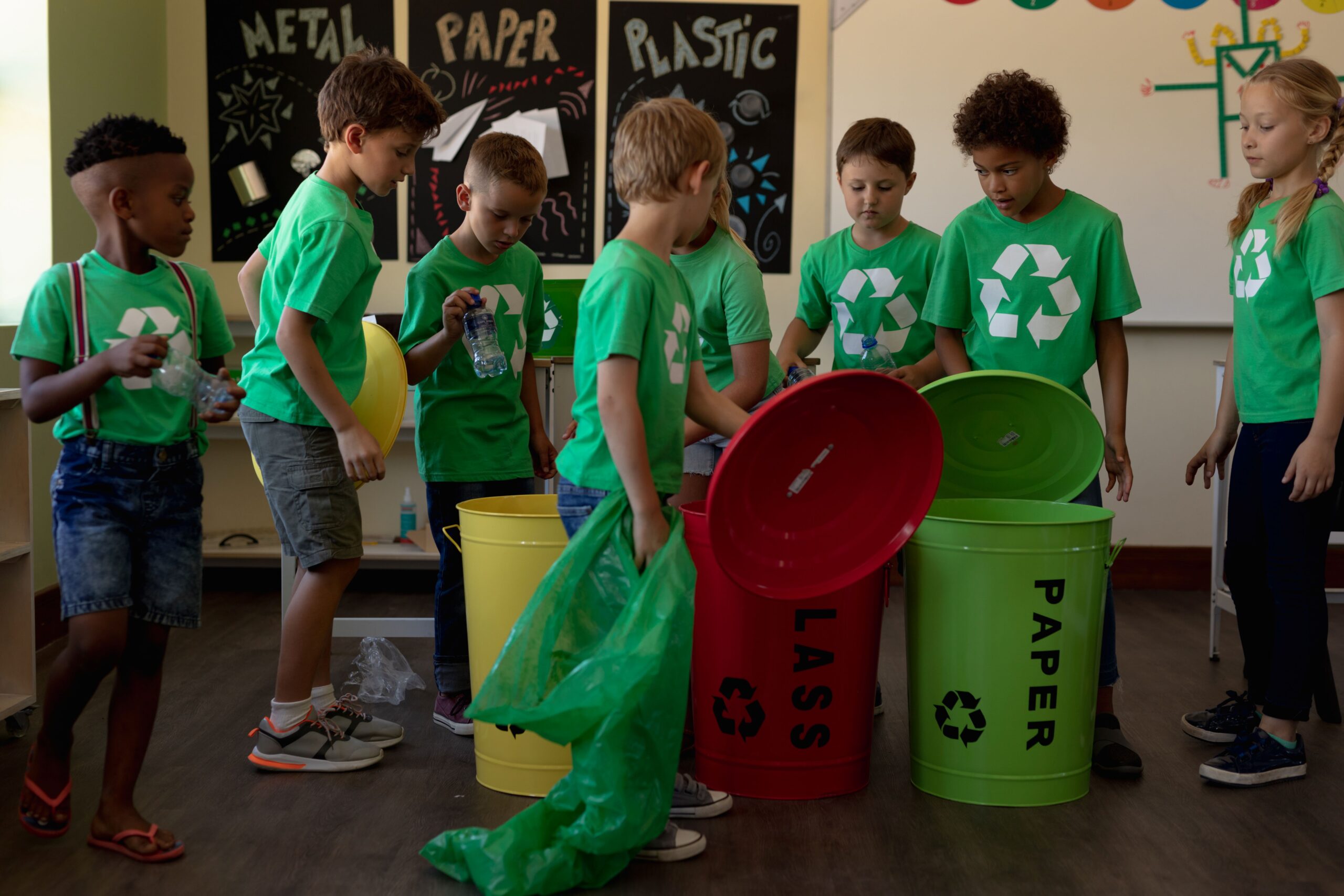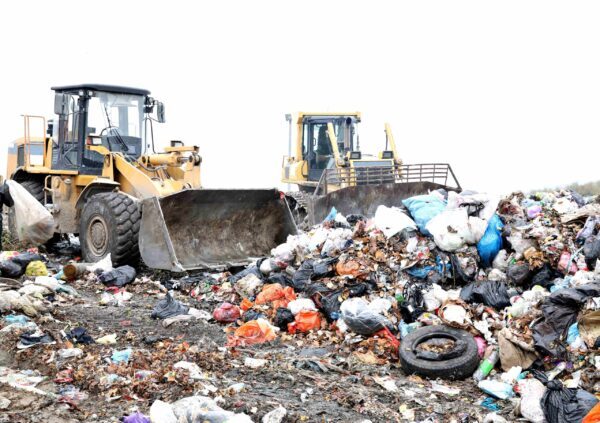Bay View and the Origins of the Initiative
Bay View is a lively Milwaukee neighborhood, recognized for its creative spirit, close-knit community, and dedication to sustainable living. The annual Bay View Bash has grown into a real testing ground for community-driven environmental action.
Read also:
Technology and innovation at Soft2Bet as the foundation of the platform’s efficiency and scalability
The “Make Dirt, Not Trash” program originated as a response to growing landfill overflow concerns tied to large public gatherings. Rather than allow thousands of attendees to leave behind mountains of garbage, organizers partnered with sustainability advocates to rethink waste from the ground up — literally.
The transition started simply — organizers added compost bins next to the usual recycling and trash options. But the intent was never symbolic. The goal was measurable reduction.
How the Waste Is Managed
At the core of the effort is a simple but effective setup with three bins: compost, recycling, and landfill. But what makes it work isn’t the bins themselves — it’s the infrastructure behind them.
Food vendors are required to use compostable containers and utensils. Volunteers stationed at each waste station guide attendees on where to toss each item. Organic waste — including napkins, leftover food, and certified compostable packaging — is collected and sent to a local composting facility. Recycling is sorted by type and processed separately.
The landfill bin? It shrinks every year.
Organizers estimate that over 80% of the total waste generated at the event is diverted from landfills. And it’s not a guess. Each year, they weigh, track, and report disposal volumes. Some years bring surprises. A spike in paper waste. A dip in plastic. It fluctuates — but the direction is consistent.
Community Participation and Impact
The system only functions because the community commits to it. Dozens of volunteers receive brief training and are stationed at waste stations across the festival. Their role is both functional and educational: not just sorting waste, but explaining the logic behind it.
Attendees are not passive observers. Signs, announcements, and even youth-driven outreach teams ensure that the sustainability message is visible, repeated, and practical.
Local schools have taken note, incorporating Bay View Bash methods into their own events. One middle school now runs a similar three-bin system at its annual science fair.
The broader impact? A neighborhood festival that turns tens of thousands of potential waste items into compost or recycled matter — and does so with community participation, not corporate sponsorship.
Looking Ahead
Organizers are cautious in discussing the future — not because of doubt, but because of realism. Expanding the program city-wide would require infrastructure, policy alignment, and buy-in from businesses far beyond Bay View.
Still, the signs are promising. Nearby neighborhoods have reached out for templates. A toolkit for sustainable event planning is reportedly in development. Quietly, steadily, the model spreads.
And Bay View Bash isn’t done iterating. Future efforts may focus on water use, transportation emissions, and upstream supplier standards. For now, though, it’s about trash — or rather, what doesn’t have to be trash.
Key Outcomes and Metrics
- Each year, more than 80% of the festival’s waste is kept out of landfills
- Volunteer-led sorting system with 50+ trained locals
- All vendors required to use compostable materials
- Organic waste processed by Milwaukee-area compost facilities
Educational impact extending to schools and smaller events

